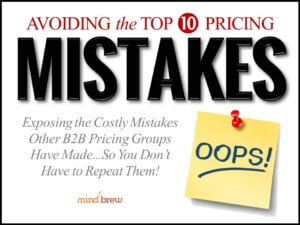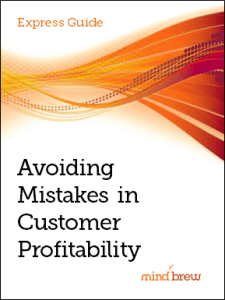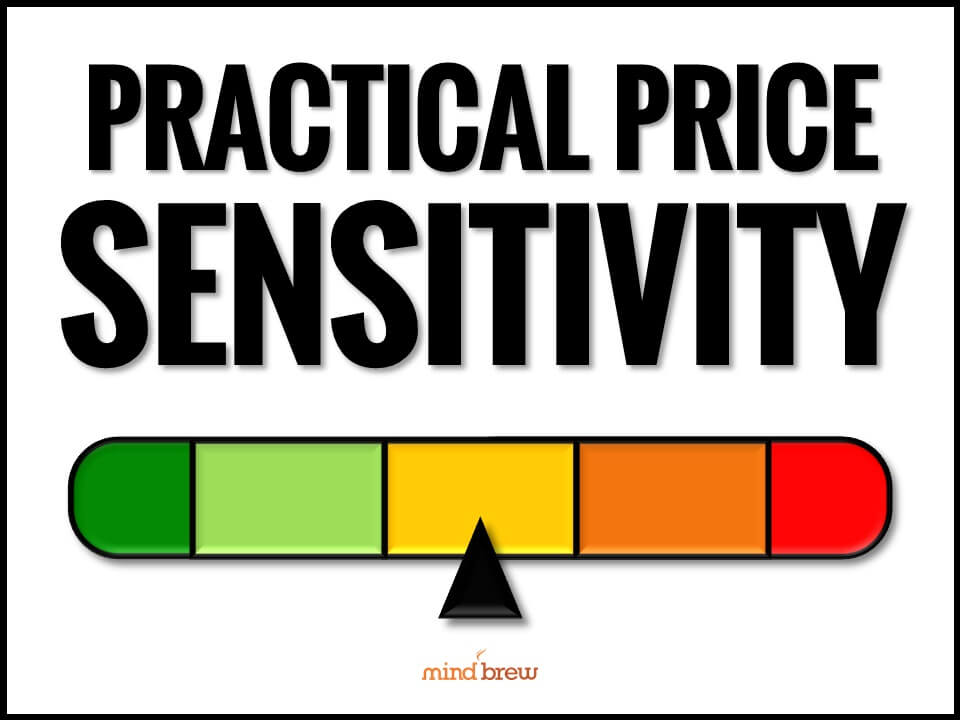For those who haven’t heard the phrase before, a “Dutch uncle” is a person who delivers frank commentary, harsh criticism, or blunt advice in the interest of educating, encouraging, or correcting someone else.
When I was a kid, it was explained to me that the phrase referred to how a Dutch uncle might be called upon to give his wayward nephew a “good talking to” when they needed to be “straightened out.”
Basically, the Dutch version of “tough love.”
Now, I highly doubt that this origin story is accurate. Nevertheless, my uncle was intimidating enough at the time that the veiled threat did indeed keep me in line. Kinda. Sorta. As far as my parents knew, anyway.
These days…because I’m Dutch…and I’m also an uncle…I figure I have license to speak frankly about things that others might sugarcoat or avoid altogether.
So…here I go again…
You will never…never…produce big pricing performance gains working within the confines of the pricing department.
To be crystal clear, I’m not just saying that it’s highly unlikely or unrealistic. I’m saying that it’s not possible—because in B2B environments, all of the biggest drags on pricing performance are outside the boundaries of the “pricing department.”
Here are just a handful of examples:
- Sales Compensation — Salespeople who are compensated on revenue alone are much more inclined to view price concessions as a relatively small price to pay for the much larger revenue windfall.
- Negotiation Skills — Our research shows that most salespeople have not been trained in negotiations. As such, they fall for every margin-sapping trick and tactic used by their more highly trained counterparts.
- Targeting Decisions — Too many sales teams are chasing “anyone with money to spend” rather than focusing their energies on pursuing inherently better targets that generate great results by default.
- Differential Value — Deficient pre-market product management processes that yield relatively undifferentiated offerings will establish a lower “cap” on the prices you can command in the marketplace.
- Value Communication — Buyers won’t pay for value they’re not aware of, or don’t believe is there. As such, overall price realization suffers when sales and marketing messages are full of fluff and platitudes.
The point is that if you just “stay in your box” and only work within the boundaries of the pricing department, you’re ignoring many of the most-impactful pricing issues. I know this might be a hard pill for some to swallow, but it’s just the reality of pricing in B2B environments.
So, you have to decide…
Are you going to “stick to your knitting” and hope that the meager results you manage to achieve are sufficient? Or are you going to get out of your comfort zone a little, focus on the big issues, and generate truly meaningful improvements?
And I’d lose my Dutch uncle license if I didn’t point out that there’s only one right answer here.
From Tactical to Strategic Pricing
Powerhouse Pricing Teams

In B2B, dedicated pricing teams are still a relatively new development. And as such, there are no long-standing rules for how everything should work. In this on-demand webinar, explore the common traits, characteristics, and behaviors of successful pricing teams that have been around longer than most.















